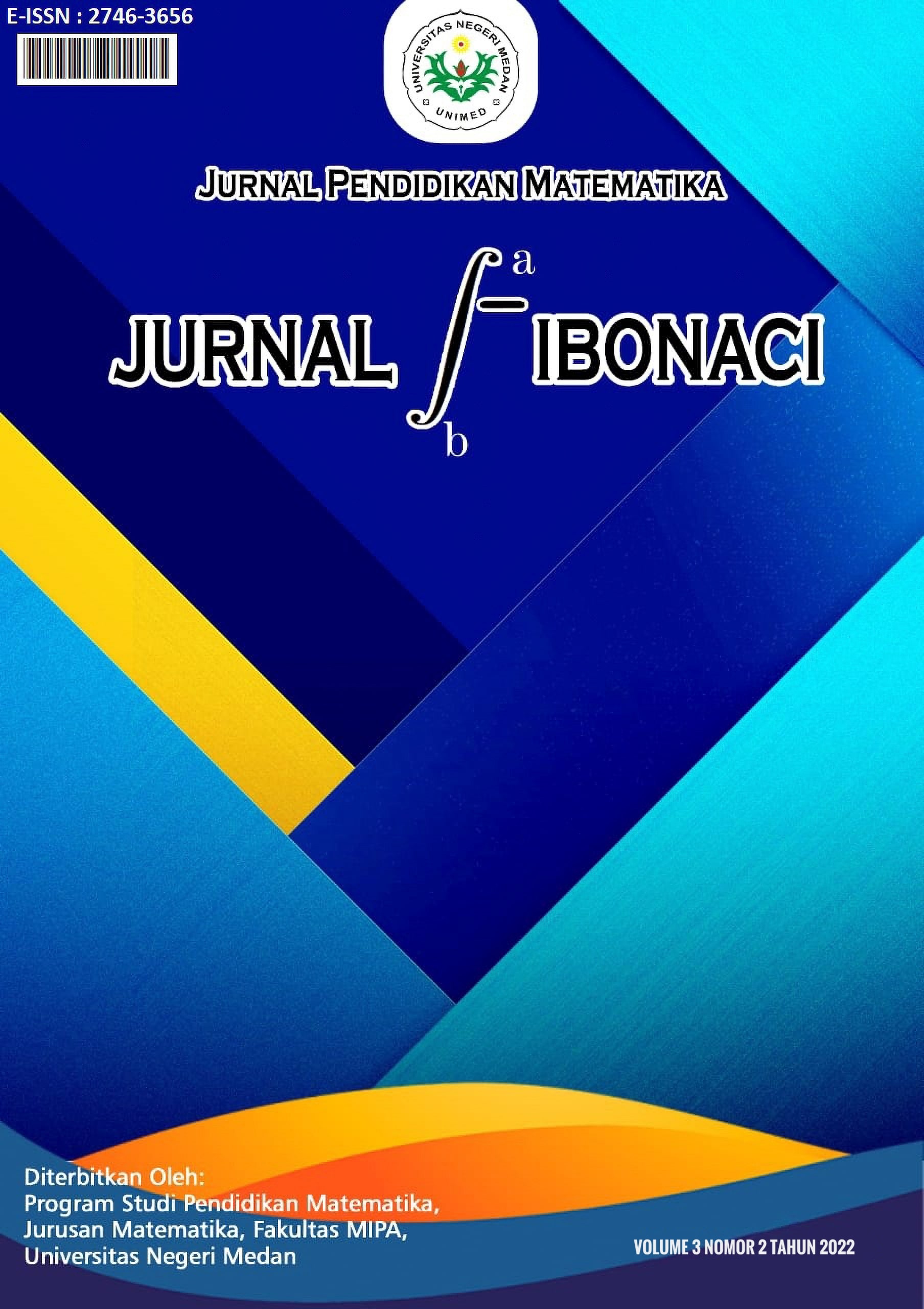The Development of Learning Media Oriented to Team Games Tournament Learning Model Using Canva and Kahoot! to Improve Student™s Problem Solving Ability in SMAN 10 Medan
Main Article Content
Abstract
This study aims to determine (1) the process of developing learning media based on Canva and Kahoot, (2) learning media can be used for the learning process, and (3) improving the problem solving ability of students who are given mathematics learning with the topic of developed arithmetic series. The subjects in this study were students of class XI IPA -1 SMA NEGERI 10 MEDAN. Learning tools developed in the form of learning media using Canva and Kahoot!. Data analysis techniques in the development of learning tools used descriptive statistical analysis techniques. The results showed that: (1) the learning media development process involved five stages of development and then before being tested in the field, validation was obtained with the media assessment average score from the media expert team was 3.2 (valid) and material expert was 3.45 (valid). , based on the efficiency aspect based on the results of the student response questionnaire, the first trial obtained a score of 72% (positive) and the second trial was carried out with revisions and got a score of 85% (very positive), and based on the effectiveness of the learning tools developed on the problem solving abilities of students concluded on: student learning completeness after the use of media by 85%; (2) with the previous description the media can be used as a learning aid with revisions, and (3) the improvement of problem solving abilities can be seen from the n-Gain value of 0.5 which means it is in the medium category
Article Details
Section
Articles

This work is licensed under a Creative Commons Attribution-NonCommercial-ShareAlike 4.0 International License.
Authors who publish articles in this journal agree to the following terms:
- Authors retain copyright of the article and grant the journal right of first publication with the work simultaneously licensed under a CC-BY-SA or The Creative Commons Attribution–ShareAlike License.
- Authors are able to enter into separate, additional contractual arrangements for the non-exclusive distribution of the journal's published version of the work (e.g., post it to an institutional repository or publish it in a book), with an acknowledgment of its initial publication in this journal.
- Authors are permitted and encouraged to post their work online (e.g., in institutional repositories or on their website) prior to and during the submission process, as it can lead to productive exchanges, as well as earlier and greater citation of published work (See The Effect of Open Access).
